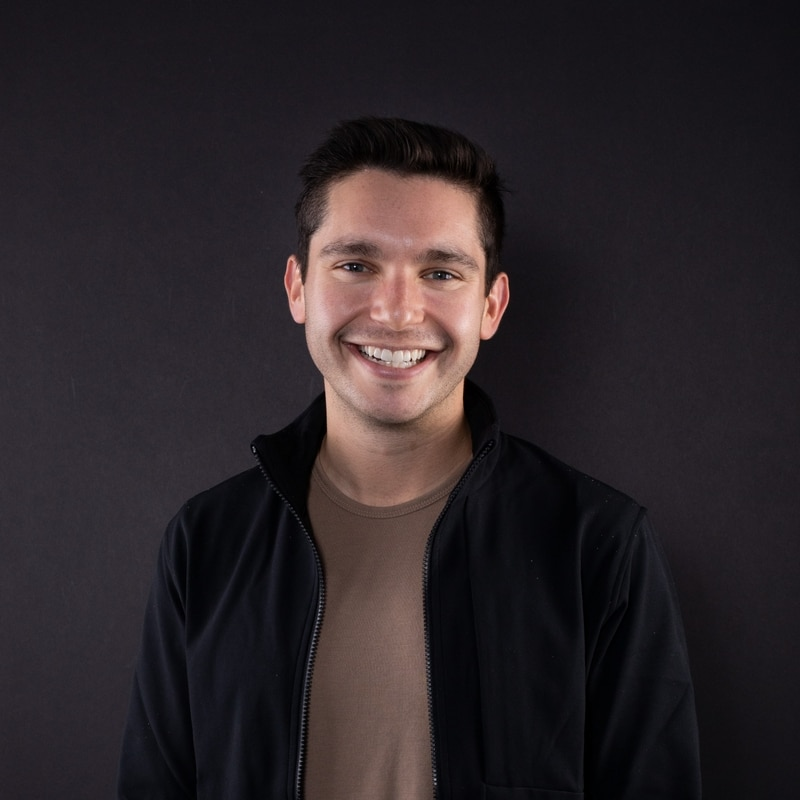
It’s weird, but in some ways, side projects require better strategy than regular businesses.
They’re so easy to quit. Even if you love it, your hours are constrained, so you have to be absolutely ruthless in choosing what not to do. (A critical skill in creating any strategy.)
Plus, there’s pressure to build the right thing from the outset. If the project doesn’t find an audience quickly, it usually dies on the vine. I mean, who wants to pay the emotional toll of pivoting a project that’s supposed to be a fun thing?
But even if you beat the odds, and manage to make something people want, the challenges just get tougher. You have to decide how to spend your limited time and money to make it grow. It’s a process that forces you to get extremely clear on what your goals are.
There are few people more suited to explore these questions than Ben Gilbert.
Introducing Ben
Ben studied CS at Ohio State. When he was in college, he built an early todo list app for iPhone that got over a million downloads. After graduation, he joined Microsoft as a Program Manager and worked on Office for iPad, before going on to run The Garage. Now, he’s a co-founder at Pioneer Square Labs, a startup studio and VC firm in Seattle.
But today, we’re going to focus on his work with the Acquired podcast. Specifically, we’re investigating his and his co-host David Rosenthal’s decision to launch a second, paywalled podcast.
(And, as a bonus, we’ll see how their journey helped lead to the creation of Glow, a spin-out company of Pioneer Square Labs that helps podcasters offer paywalled content!)
Here’s the interview:
On Acquired’s goals
Every year I get together with my co-host David, and we have a little summit to reaffirm our values and reflect. We’ll have dinner and talk about how we’re doing with our goals, which are, in order:
- Learn about the stuff we want to learn about
- Build relationships with guests on the show, listeners who participate in the community, and each other
- Build our own reputations within the startup/tech community
There’s one obvious thing missing from this list: monetization.
For Acquired, revenue is not a KPI and we’re committed to never having a specific goal for it. But that doesn’t mean we don’t view money as important — actually quite the opposite. We realized along the way that monetization is actually an enabler that turbocharges the first 3 goals, by giving us the resources to make higher and higher quality content.
This all became crystal clear when we made the decision to launch a second, paywalled podcast.
The origin of the idea to go paid
Almost two years ago, David called me and said “I listen to this podcast that just launched a Patreon, and it’s great. It got me thinking—we should do a Patreon!”
I hated the idea at first. I couldn’t articulate it at a time, but to me, Patreon means I'm holding out a tip jar. It's the complete opposite of the branded experience we've created with Acquired. I also didn’t love that we had to ask people to go and sign up for a new platform, with our branding totally minimized.
But I know David is smart, and coming from a good place, so I said “let me think about that.”
Coming around to the idea
The Only Subscription
You Need to
Stay at the
Edge of AI
The essential toolkit for those shaping the future
"This might be the best value you
can get from an AI subscription."
- Jay S.
Join 100,000+ leaders, builders, and innovators

Email address
Already have an account? Sign in
What is included in a subscription?
Daily insights from AI pioneers + early access to powerful AI tools








Comments
Don't have an account? Sign up!